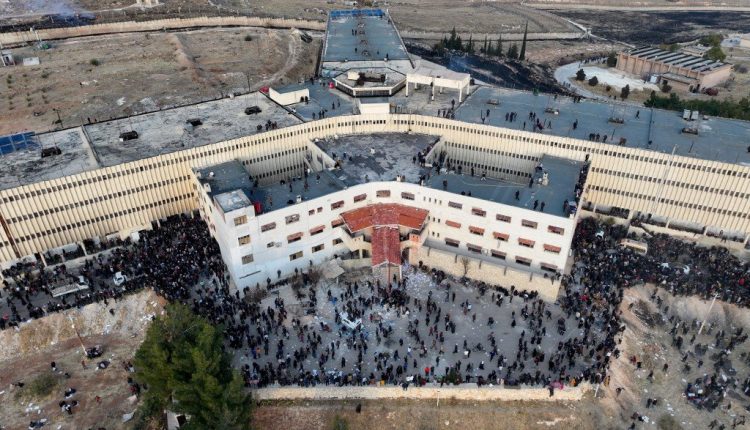DAMASCUS, Syria (North Press) – The British newspaper The Times uncovered on Saturday shocking details about the Assad regime’s pervasive surveillance practices, revealing that even members of the Assad family spied on one another.
The regime’s intelligence services reportedly collected extensive information on suspected individuals through an elaborate network of informants and covert operations.
An analysis of classified intelligence documents shows that the family’s mutual distrust mirrored the regime’s broader culture of paranoia.
Thousands of documents, either handwritten or printed, outline the regime’s systematic infiltration of protests since 2011 and the sprawling network of informants who reported back to Syrian intelligence agencies.
The documents further revealed a climate of deep suspicion within Syria’s security services, where operatives frequently accused each other of being double agents.
Beyond high-level surveillance, the regime meticulously documented mundane aspects of thousands of individuals’ lives.
According to The Times, the intelligence services employed methods such as phone tapping, computer hacking, and deploying agents for in-person monitoring to gather staggering volumes of information—ranging from trivial to intrusive.
Collected data included minute details such as the location of a garage where someone’s mother had her car repaired, the timing of visits to relatives, and the number of residential properties owned by the individual under surveillance.
One particularly striking example of the regime’s overreach involved a 12-year-old boy in Homs who was arrested last spring after reportedly tearing a piece of paper with the president’s picture. His teacher discovered the paper in a trash bin and reported it to the school supervisor, who escalated the case to the police. The boy’s file was ultimately transferred to the Political Security Branch.
Since the collapse of the regime on Dec. 8, all prisons across the country have been opened, leading to the release of thousands of detainees. These revelations shed light on the extensive machinery of fear and control that defined the Assad regime for decades.

